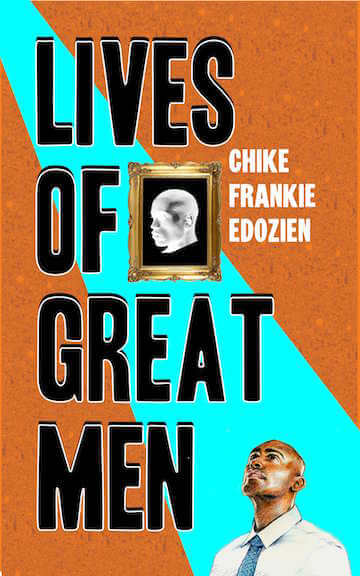Frank Mugisha of Sexual Minorities Uganda. | RAFTO FOUNDATION FOR HUMAN RIGHTS
More than four years after Uganda first began discussing draconian anti-gay legislation — that in its earliest drafts included a death penalty — that nation’s Parliament, acting in unexpected and hurried fashion on December 19, gave final approval to a bill that would mandate life imprisonment for those repeatedly convicted of prohibited same-sex conduct.
According to the Daily Monitor, a Ugandan newspaper, the category of behaviors that could lead to a life sentence include oral and anal penetration, genital stimulation, and even touching with the intent to engage in those acts.
[Editor's note: On December 27, the Monitor reported that Ugandan President Yoweri Museveni indicated he might send the measure back to Parliament if he determines portions of it are “not right.”
“They [members of Parliament] never consulted me,” the newspaper quoted Museveni as saying. “I had told them to wait because I have a lot of work, but they rushed and have passed them,” he said.]
Despite the objections of Prime Minister Amama Mbabazi, who said that the Parliament lacked a quorum to hold the vote, the bill has now advanced to President Yoweri Museveni, who has not made clear whether he will sign it. Though Museveni has spoken out against gays and also claimed there are few in Uganda, he also appeared to be trying to slow the measure’s momentum several years ago when — in the wake of an international outcry — he appointed a commission to study its implications. Parliament took no action then, and the sudden reemergence of the bill last week appeared to catch activists by surprise, though Parliament Speaker Rebecca Kadaga was known to be in favor of it.
“I’m outraged and disappointed that the Uganda Parliament has acted in a very ignorant and irrational way,” said Frank Mugisha, the executive director of Sexual Minorities Uganda (SMUG), in a written statement. “We shall fight this legislation to the end.”
SMUG noted the prime minister’s concerns regarding lack of a quorum, criticizing “the haphazard manner in which members of Parliament passed it with little if any regard to procedure and to whether it complies with the 1995 Constitution.”
The group, which called on Museveni to veto the measure and for the international community to remind Uganda of its treaty obligations, pointed not only to the bill’s assault on the dignity of LGBT people but also to the negative impact it would have on HIV prevention and AIDS treatment.
Under the legislation, there are also penalties for promoting homosexuality and for failing to report knowledge of same-sex conduct.
As Parliament debated the bill, David Bahati, who originated it in October 2009, said, “I want to thank the speaker for the courage she exhibited because passing this bill means protecting our cultures, marriages, and the family institution.”
The Human Rights Campaign, in a statement condemning the Parliament’s action, pointed to the role of American evangelical extremists — Scott Lively, a Massachusetts pastor, “chief among them” — in encouraging action on the anti-gay bill in visits they have made to Uganda in recent years.


































